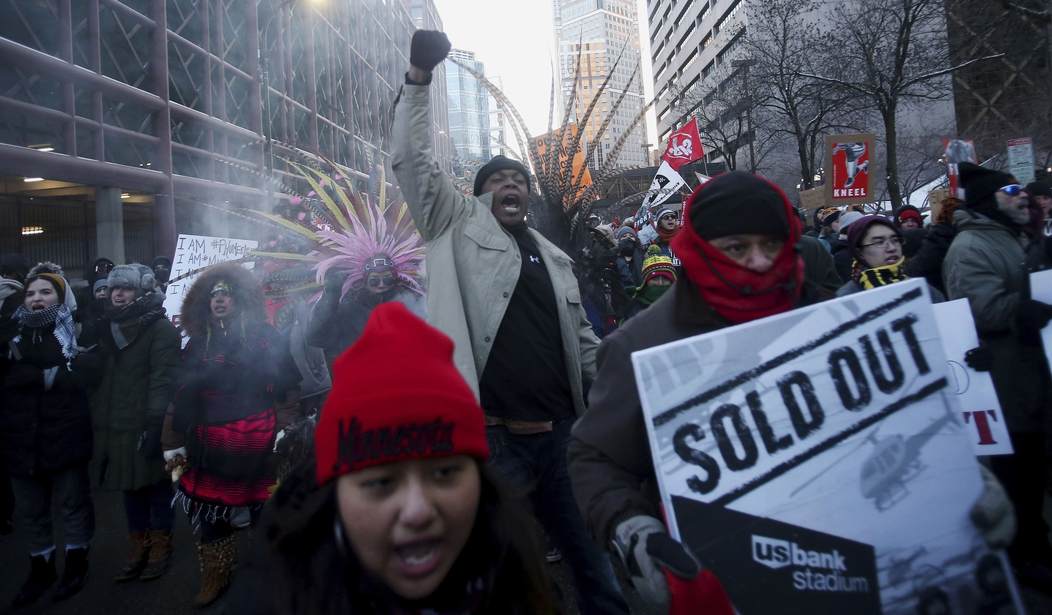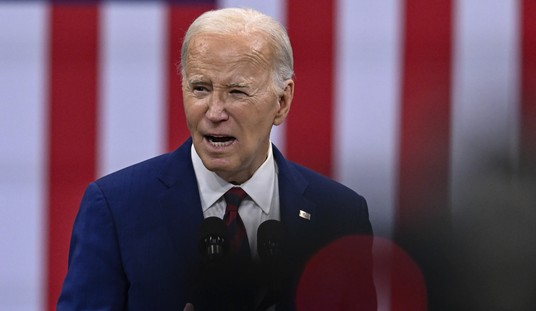I don't mind saying that this column represents a grossly understated review of "Discrimination and Disparities," just published by my longtime friend and colleague Dr. Thomas Sowell. In less than 200 pages, Sowell lays waste to myth after myth not only in the United States but around the globe.
One of those myths is that but for the fact of discrimination, we'd all be proportionately represented in socio-economic characteristics, such as career, income, education and incarceration. The fact of business is that there is no evidence anywhere on earth, at any time in human history, that demonstrates that but for discrimination, there would be proportionate representation in anything by race, sex, nationality or any other human characteristic. Sowell shows that socio-economic outcomes differ vastly among individuals, groups and nations in ways that cannot be explained by any one factor, whether it's genetics, discrimination or some kind of exploitation.
A study of National Merit Scholarship finalists shows that firstborns are finalists more often than their multiple siblings combined. Data from the U.S., Germany and Britain show that the average IQ of firstborns is higher than the average IQ of their later siblings. Such outcomes challenge those who believe that heredity or one's environment is the dominant factor in one's academic performance. Moreover, the finding shows that if there is not equality among people born to the same parents and living under the same roof, why should equality of outcomes be expected under other conditions?
In Chapter 2, Sowell provides evidence that people won't take racial discrimination at any cost. The higher its cost the less it will be tolerated, and vice versa. One example is segregated seating on municipal transit in the South. Many companies were privately owned, and their decision-makers understood that they could lose profits by offending their black customers by establishing segregated seating. Transportation companies fought against laws mandating racially segregated seating, both politically and in the courts, but lost. Companies even chose to ignore the law. Faced with heavy fines, though, they began to comply with the law.
Recommended
The point is that the difference between the white transportation owners and the white politicians and segregationists was the transportation company owners had to bear the cost of alienating black riders and the politicians and segregationists didn't. Sowell broadens his analysis to show that regulated companies and organizations -- such as public utilities and nonprofit entities, including colleges and government agencies -- will be at the forefront when it's politically popular to discriminate against blacks but also will be at the forefront when it's politically popular to discriminate in favor of blacks. Why? Because in either case, they don't bear the burden of forgone profits.
In Sowell's chapter titled "The World of Numbers," he points out what I'm going to call out-and-out dishonesty. In 2000, a U.S. Commission on Civil Rights study pointed out that 44.6 percent of black applicants were turned down for mortgages, while only 22.3 percent of whites were turned down. These and similar statistics led to charges of lending industry discrimination and demands that government do something about it. While the loan rejection rate for whites was 22.3 percent, that for Asians and native Hawaiians was only 12.4 percent. Those statistics didn't see the light of day. Why? They didn't fit the racial discrimination narrative. It would have been difficult for the race hustlers to convince the nation that lending institutions were discriminating against not only black applicants but white applicants, as well, in favor of Asian and native Hawaiian applicants.
At several points in the book, Sowell points to the tragedies created in the pursuit of social justice. He gives the example of the Gujaratis expelled from Uganda and the Cubans fleeing Cuba. Many of the Gujaratis arrived in Britain destitute but rose again to prosperity. It's the same story with the Cubans who came to the U.S. and prospered. By losing their most productive people, both Uganda and Cuba became economic basket cases.
The general public, educators and politicians would benefit immensely from reading "Discrimination and Disparities," if only to avoid being unknowingly duped.

























Join the conversation as a VIP Member